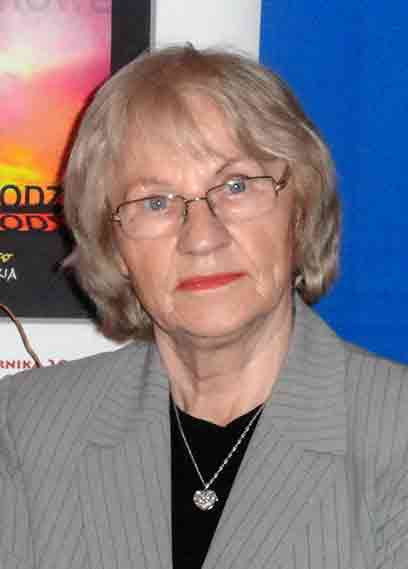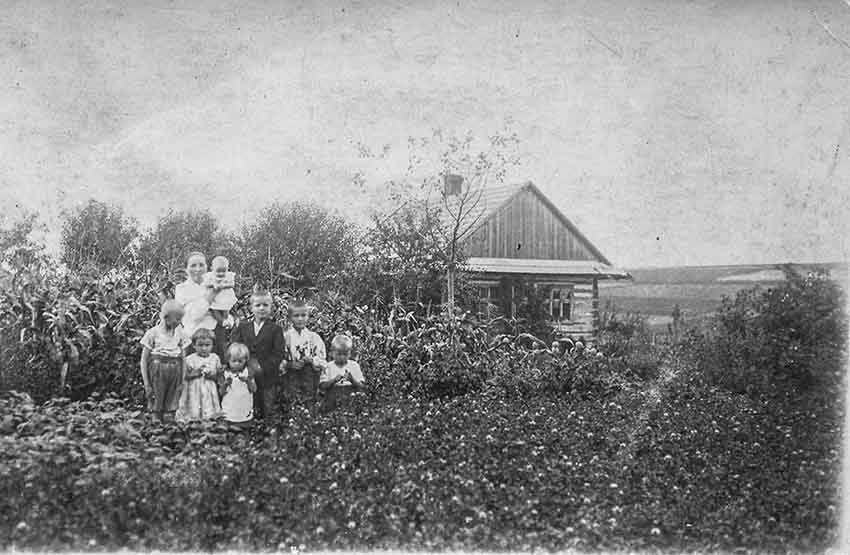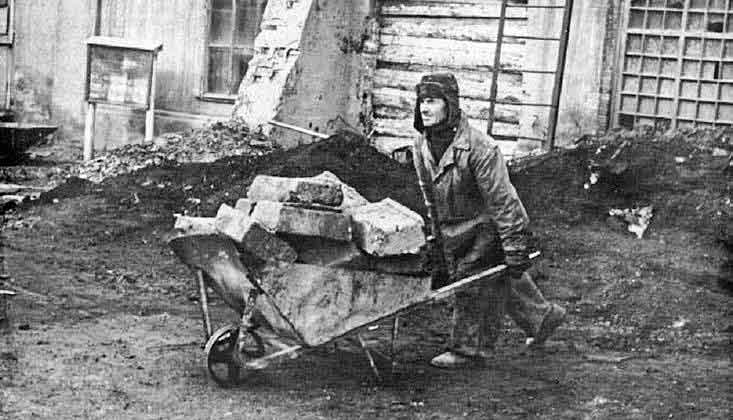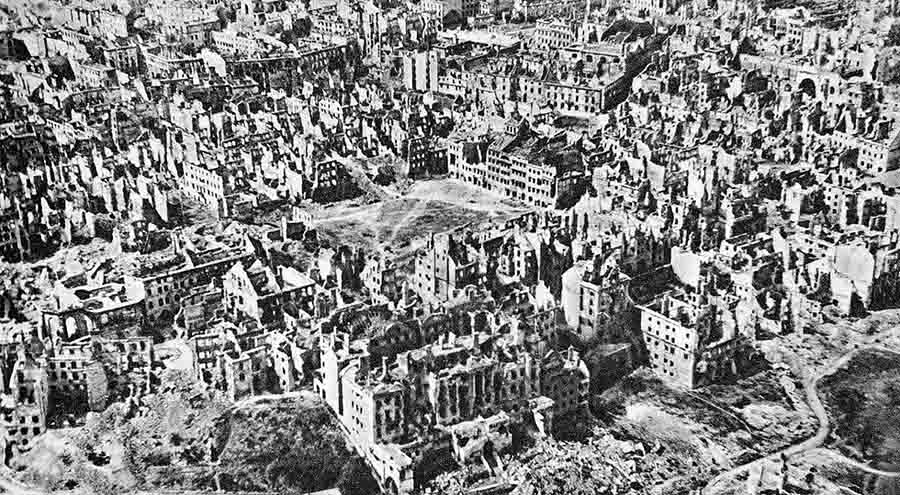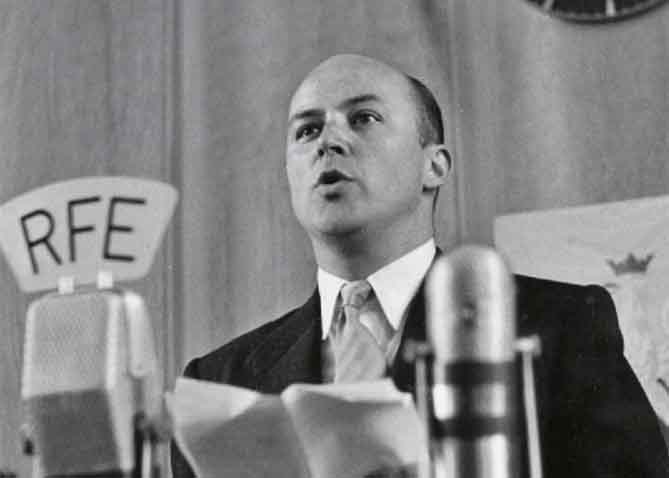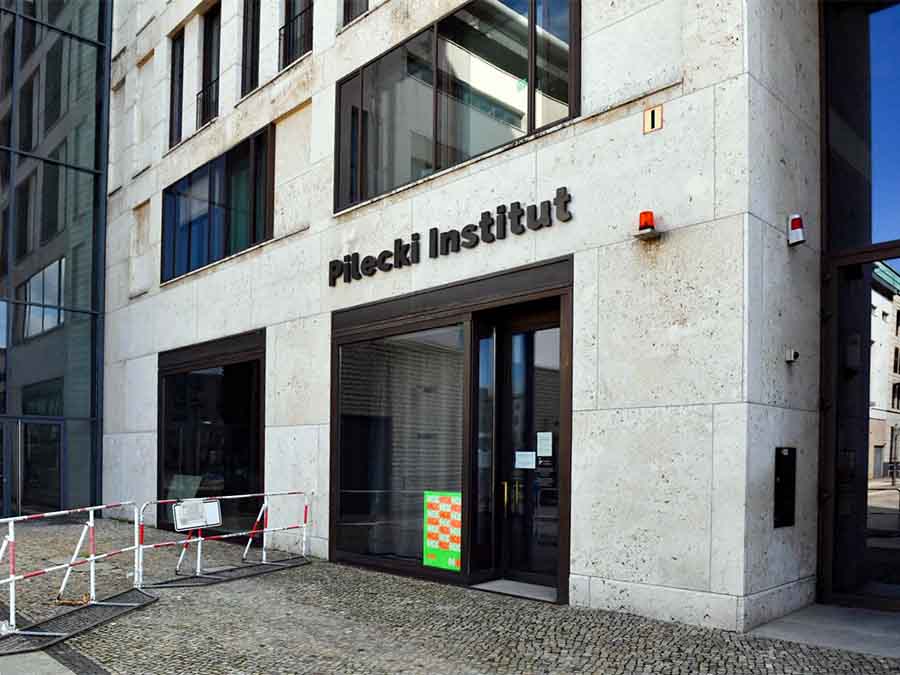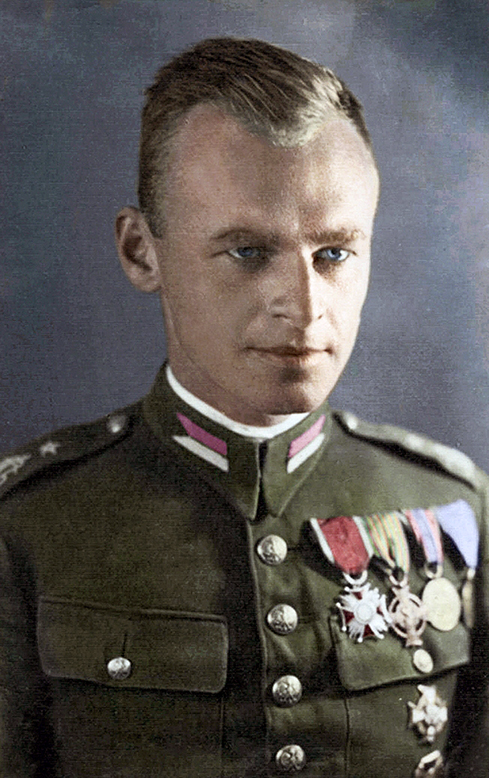On December 17, in the Vatican, Pope Francis approved a decree on the martyrdom of the family of Józef and Wiktoria Ulma, together with their seven children — a heroic family saving Jews during the Second World War.
In 2003, in the diocese of Przemyśl, the process of beatification of 88 martyrs of World War II began, among them the Ulma family, but due to the specificity of canon law, only adults, Józef and Wiktoria, could be beatified. In 2017, the Ulma family was excluded from the group of 88 martyrs and work began on the process of their beatification, which may take place soon.
The word beatification means distinction. It is an act of the Catholic Church recognizing a deceased person as blessed, allowing public worship, but of a local nature. The Vatican commission of historians positively assessed the documents regarding the Ulma family, describing their lives and evidence of their heroism.
Who Were the Ulmas?
Józef and Wiktoria Ulma were a typical rural family, living in the largest village in Poland, Markowa, located in the south-eastern part of Poland, in the Podkarpackie Voivodeship, in the Łańcut county, with 931 homesteads and about 4.5 (currently about 6.5 ) thousand inhabitants. It was a Catholic village, although in the interwar period it was also inhabited by 120 people (30 families) of the Jewish faith.
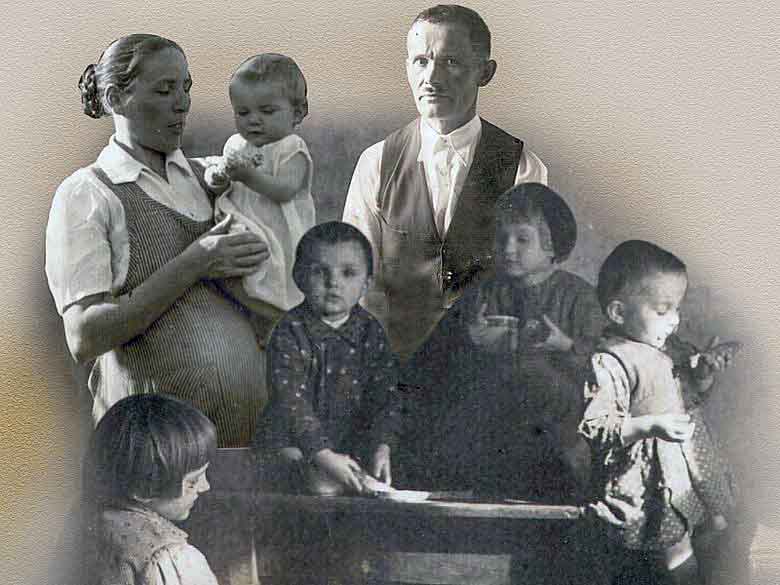
The Ulma family (Source: IPN)
Both Józef and Wiktoria were born in Markowa. Józef was born on March 2, 1900, and his wife Wiktoria, 12 years later. They both grew up in an atmosphere of economic cooperation and religious tolerance among the inhabitants. They married in 1935 and were a distinguished family in the rural community.
Józef Ulma completed only four classes of primary school, but at the age of 29 he enrolled in an agricultural course in Pilzno, which he graduated with honors. He was a gifted man and a modern farmer. He read a lot and learned a lot, he introduced improvements on his farm. He was the first in the village to have electricity obtained from the energy of the wind. On his farm, he dealt with beekeeping, breeding silkworms, ran a fruit tree nursery, and leather tannery. He had a lot of his own books and was active as a librarian. He also wrote to newspapers about agricultural competitions.
He had a unique hobby for those times. He took photographs, which was rare in the countryside at that time. His knowledge in the field of photography came mainly from books, because he did not finish any schools in this field. Thanks to this occupation, many family (and not only) photographs remained after him, which are now documents of those times.
Wiktoria, during her maiden years, played in an amateur theatre, and after marriage, she took care of the house and children, of whom she had six, and at the time of her death, she was expecting a seventh.
The Ulmas were a religious family, as evidenced by the underlining in the Bible found in their house. It was the Commandment of love. The Good Samaritan. The second is the underlined sentence On Christian Duty: "For if you love only those who love you, what reward would you have for it?"
What did the Ulmas do to deserve beatification?
According to the fascist ideology, Jews were to be eliminated from the face of the Earth. Throughout Europe, discrimination against the Jewish population was carried out. They were ordered to wear armbands with the Star of David, they were resettled to ghettos, where they were starved and used for deadly labour, they were transported to concentration camps, from which hardly anyone survived. The death penalty was introduced for Jews who broke the discriminatory regulations or left the closed districts. In Poland, as the only country in Europe, help provided to Jews by Poles was punishable by death, and for the whole family.
In the second half of 1942, eight Jews from the Szall and Goldman families found shelter in the Ulma house. It is difficult to say unequivocally what motivated them to take such a large group of Jews under their roof. There is no one alive who could tell about it.
The Ulma house was off the beaten track, so perhaps they thought they wouldn't be noticed. Józef Ulma knew these families before the war, he did business with them. He gave them shelter. In return, they helped him in farm work, they simply lived with him. Certainly, Joseph was not driven by lowly motives. After the murder, a lot of valuables and savings were found still on the Jewish victims.
More Jews were hiding in Markowa. Perhaps the Ulmas lost their vigilance, they thought that everyone would succeed, that they would not be noticed. They failed. Someone reported that they were hiding Jews. It was probably a Polish, but Orthodox, policeman working for the Germans, Włodzimierz Leś, who was executed a few months later, in September 1944, by the Polish underground.
The Murder in Markowa
On March 23, 1944, the German gendarmerie station in Łańcut ordered four Polish carters to appear in front of the station. They were supposed to bring to the German gendarmerie the (Polish) blue policemen to be sent to Markowa for help in the execution. The action was led personally by the German commandant of the post, Lieutenant Eilert Dieken. The Czech Volksdeutsch Josef Kokot and Włodzimierz Leś also participated in the action.
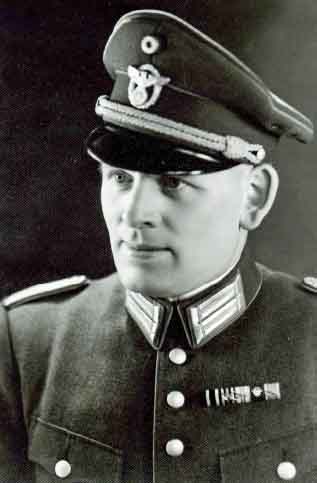
Lieutenant Eilert Dieken, a murderer from Markowa (Source: Center for Patriotic and Civic Thought (OMPiO), Kielce)
Just before dawn, the gendarmes attacked the Ulma house. First, they killed the sleeping and fleeing Jews, then they took out Józef and Wiktoria, who was heavily pregnant and was expecting a delivery at any time. Probably under stress, she went into labor. They were killed in front of the children. Then, six of their children were killed (the eldest was eight years old, the youngest six months old) so that, as Lieutenant Dieken put it, "the village would have no trouble with them."
Josef Kokot stood out due to his cruelty. He personally shot three of them, shouting to the wagoners watching the action: "Look how the Polish pigs who hide the Jews are dying."
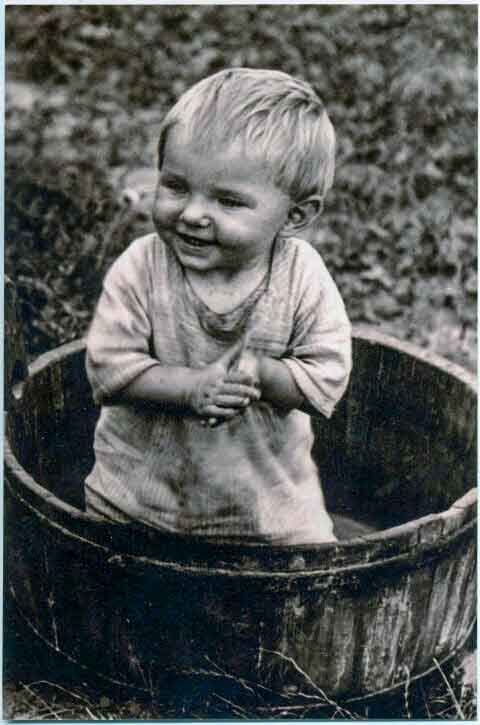
Marysia Ulma (Source: Center for Patriotic and Civic Thought (OMPiO), Kielce)
After the massacre was over, the executioners began plundering the property of the Ulma family and the Jews hiding there. The mayor of Markowa was ordered to bury the bodies, and an alcoholic libation was organized at the scene of the crime, after which the murderers drove off in six carts of plundered property.
The Aftermath of the Crime
The crime shocked the local population. The graves were dug up and the bodies of the Ulmas were buried next to the house. In 1945 they were exhumed and buried in the local cemetery.
The death of the Ulma family became a symbol of the martyrdom of Poles saving Jews. On September 13, 1995, the Yad Vashem Institute in Jerusalem posthumously honored Józef and Wiktoria Ulma with the title of Righteous Among the Nations.
On March 24, 2004, on the anniversary of their death, a monument commemorating the Ulma family was unveiled. On March 17, 2016, the Museum of Poles Saving Jews during World War II was opened in Markowa in the name of the Ulma Family.
Since 2018, on the anniversary of the tragic events in Markowa, on March 24 — by the decision of the President of the Republic of Poland — the National Day of Remembrance of Poles who saved Jews under German occupation has been celebrated.
The Impunity of the Perpetrators
The murderers of the Ulmas were not punished. The Pilecki Institute in Berlin acquired Eilert Dieken's private archive, which contained, among others, notes, decorations and official documents. It turns out that, after World War II, he returned to his homeland, to Esens on the North Sea in Lower Saxony. He continued his service in the West German police. During the German occupation of Poland, Eilert Dieken served in the Nowy Sącz district of the General Government as the commander of the gendarmerie station. According to the documents, Dieken never formally belonged to the SS or NSDAP. He died in 1960.
Josef Kokot was sentenced to death, then commuted to life imprisonment, and finally to 25 years in prison. He died in prison. The rest escaped punishment completely.



